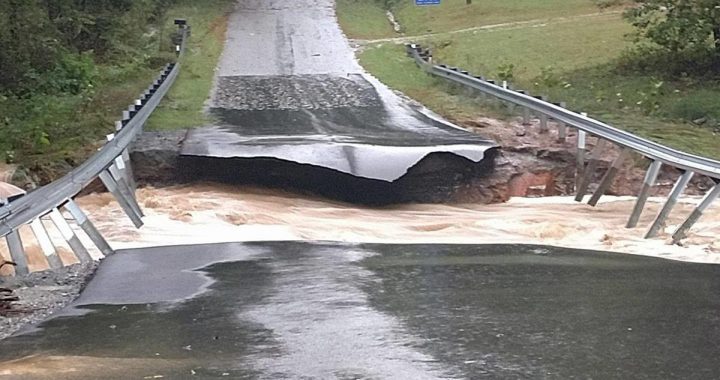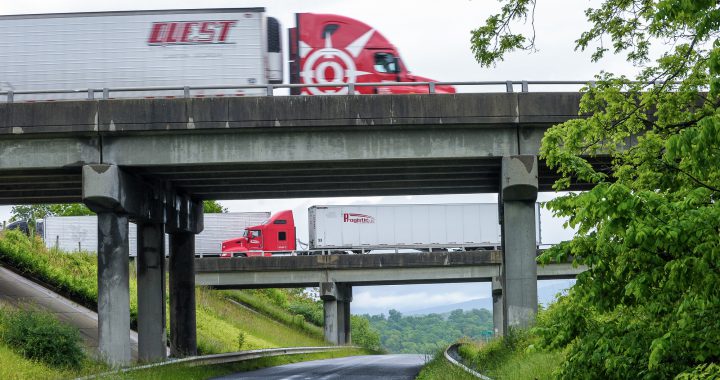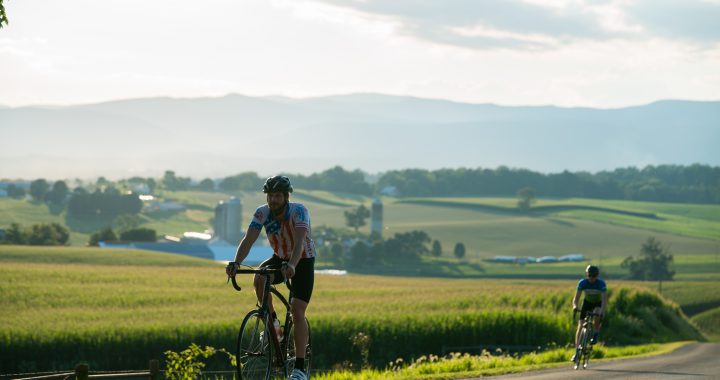News
Homebuyers Program is Open for Applicants
The HOME Down Payment Assistance Program in the Central Shenandoah Valley region received annual funding to assist approximately eight first-time, low-to-moderate income homebuyers in 2020.
HOME is a flexible gap financing program that provides eligible homebuyers with down-payment and/or closing cost assistance in the form of a forgivable loan. Funds are available on a first-come, first-serve basis. Created to help eligible homebuyers obtain decent, safe, and affordable housing in 1999, this program has helped approximately 250 people in our region grow their personal wealth and equity through homeownership.
HOME funds are made available by the Virginia Department of Housing and Community Development and administered by the Central Shenandoah Planning District Commission (CSPDC). Call the CSPDC or visit their website to learn more about eligibility requirements and how to apply.
Hurricane Preparedness Week: May 2-9
In preparation for Hurricane Season starting June 1 and running through November 30, the National Weather Service hosts the annual Hurricane Preparedness Week – an awareness and preparedness outreach campaign.
In the Central Shenandoah Region, many of the most devastating floods have come from tropical hurricane systems. To help stay prepared: determine your risk, develop an evacuation plan, assemble disaster supplies, get a property insurance check-up, strengthen your home, help your neighbor get prepared, and complete a written plan. It only takes one storm to change your life and your community.
GO Virginia Scale-up the Valley Project Approved
On April 17, the State GO Virginia Board approved funding for the Scale-up the Valley program coordinated by the Shenandoah Valley Partnership (SVP). The project will utilize the expertise and resources of the National Center for Economic Gardening (National Center) to provide region-wide business support services to traded-sector companies. SVP will match the GO Virginia grant on a per-company enrollment basis and will have 50% of the contract cost reimbursed by the company’s respective locality. Approximately 20 companies (10 each year) are expected to be served by the National Center over two years, beginning in May, 2020.
GO Virginia supports programs to create more high-paying jobs through incentivized collaboration between business, education, and government to diversify and strengthen the economy in every region of the Commonwealth. The program is administered through the Virginia Department of Housing and Community Development. The CSPDC is one of the support organizations for GO Virginia Region 8.
SMART SCALE Pre-applications Submitted
Every two years, applicants in our region submit applications in SMART SCALE, which funds up to 100% of a transportation project’s cost through a competitive scoring process. CSPDC partnered with multiple local governments to submit a record 17 SMART SCALE pre-applications on April 17, 2020. The CSPDC, SAWMPO, and BRITE Transit each submitted four pre-applications. HRMPO submitted five. VDOT and DRPT will review the pre-applications in April and May. During June and July, CSPDC and local staff will develop full applications for the projects green-lighted to proceed from the pre-application phase.
Final applications submitted in August will be reviewed by VDOT and DRPT staff in late 2020, with project awards announced in early 2021.
May is Bike Month
May is National Bike Month – an annual celebration to increase awareness and participation in bicycling, and showcase its many health and environmental benefits. The most popular day of Bike Month, Bike to Work Day, has been rescheduled to September 2020 due to the COVID-19 pandemic.
The Bike the Valley and RideShare programs, administered by the CSPDC, have created a digital social media campaign to bring public awareness to bicycling in our region. The campaign will be featured throughout the month in addition to important public safety reminders associated with cycling and outdoor activities.
Announcements
Please stay tuned for events and more information from the CSPDC.
Archives
- December 2024
- October 2024
- September 2024
- August 2024
- July 2024
- June 2024
- May 2024
- April 2024
- March 2024
- February 2024
- January 2024
- November 2023
- October 2023
- September 2023
- August 2023
- July 2023
- June 2023
- May 2023
- April 2023
- March 2023
- February 2023
- January 2023
- December 2022
- October 2022
- September 2022
- August 2022
- July 2022
- June 2022
- May 2022
- April 2022
- March 2022
- February 2022
- January 2022
- December 2021
- November 2021
- October 2021
- August 2021
- July 2021
- June 2021
- May 2021
- April 2021
- March 2021
- February 2021
- January 2021
- December 2020
- November 2020
- October 2020
- September 2020
- July 2020
- June 2020
- May 2020
- April 2020
- March 2020
- February 2020
- January 2020
- November 2019
- October 2019
- September 2019
- June 2019
- May 2019
- April 2019
- March 2019
- February 2019
- January 2019
- December 2018
- October 2018
- September 2018
- August 2018
- July 2018
- June 2018
- May 2018
- April 2018
- March 2018
- February 2018
- January 2018
- December 2017
- November 2017
- October 2017
- September 2017
- August 2017
- July 2017
- June 2017
- May 2017
- April 2017
- March 2017
- February 2017
- January 2017
- December 2016
- September 2016




